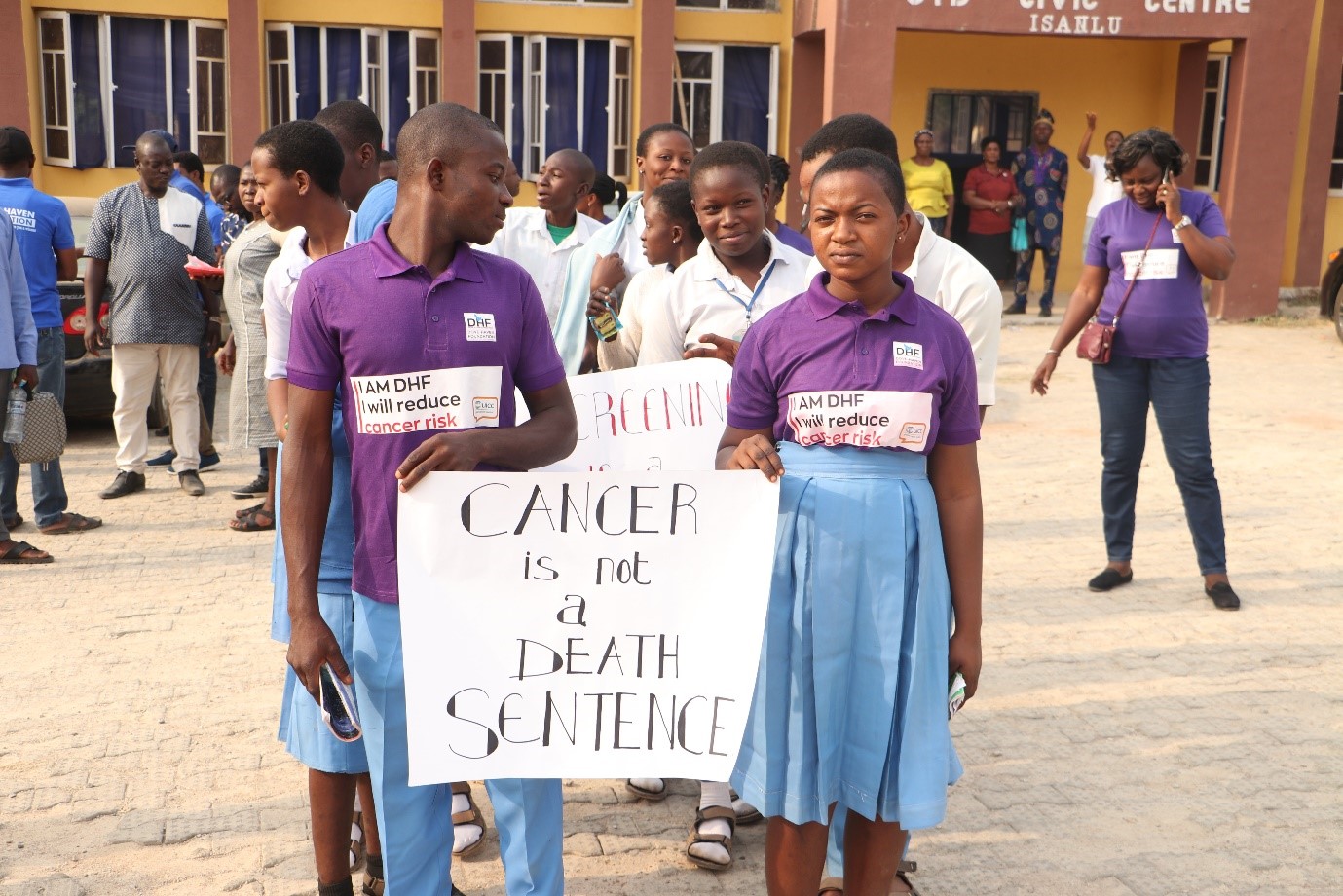Subtotal $0.00
Cancer is often called the “silent killer” — but nowhere is its silence more profound, or more deadly, than in developing countries. Across Africa, Asia, and parts of Latin America, cancer is emerging as one of the most pressing health crises, yet it remains largely in the shadows. While heart disease, infectious diseases, and maternal health have long dominated the public health agenda, cancer has grown quietly in the background, taking millions of lives each year.
In many developing nations, cancer strikes under the radar. Most people do not recognise the early signs and symptoms. Access to screening and diagnostic services is limited or nonexistent, and by the time cancer is detected, it is often too late. In these settings, cancer is more than a medical challenge; it is a societal burden, draining families emotionally, financially, and socially.
Part of the problem is awareness — or rather, the devastating lack of it. In high-income countries, public campaigns, regular check-ups, and widespread knowledge about cancer prevention and early detection have led to remarkable improvements in survival rates. But in poorer countries, myths and misinformation persist. Many still believe that cancer is a curse, a punishment, or an automatic death sentence. Fear of stigma or social exclusion discourages people from seeking help, and health systems are often ill-equipped to address cancer even when people do come forward.
The impact of this lack of awareness is stark. Cancers that could be prevented, like cervical cancer through HPV vaccination or screening, go unnoticed. Cancers that could be treated successfully if caught early, like breast cancer or prostate cancer, become fatal because they are diagnosed only at advanced stages. And simple lifestyle changes that could reduce cancer risk, such as quitting tobacco, eating a balanced diet, or getting regular exercise, are rarely promoted or accessible.
Yet, there is hope. Awareness campaigns, even in the most resource-limited settings, have shown remarkable power to change behaviours and save lives. Communities that once feared cancer now speak openly about it. Women who never considered a health screening are learning the importance of early detection. Young people are choosing to get vaccinated against viruses that can lead to cancer later in life.
Raising cancer awareness in developing countries is not a luxury — it is a necessity. It is the first and most critical step toward reducing the immense burden of this disease. With better education, more accessible screening programs, and community-driven advocacy, many cancers can be prevented or treated successfully.
Governments, non-governmental organisations, healthcare workers, and individuals all have a role to play. Schools, churches, and local media can be powerful allies in spreading information. Mobile health units can bring education and screening to remote villages. Survivors can become advocates, using their voices to inspire hope and encourage action.
The fight against cancer in developing countries is a fight against silence, stigma, and neglect. It is a fight for knowledge, for dignity, and life. Every step taken to raise awareness is a step toward a future where cancer no longer steals so many lives in silence.
Cancer knows no borders — and neither should our compassion, our attention, or our action.
